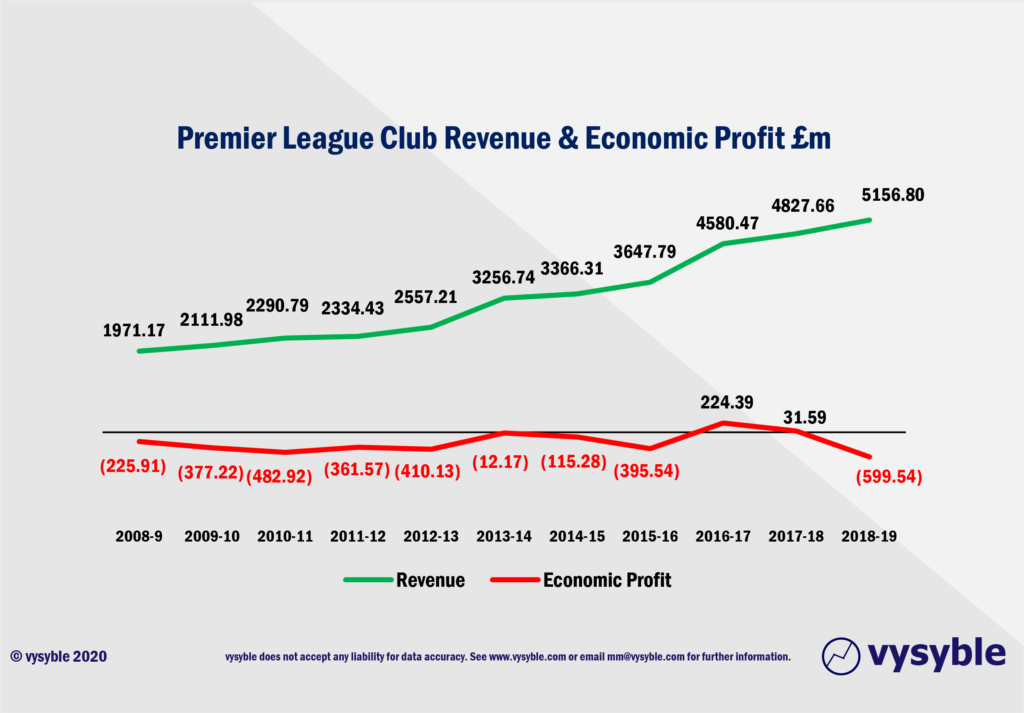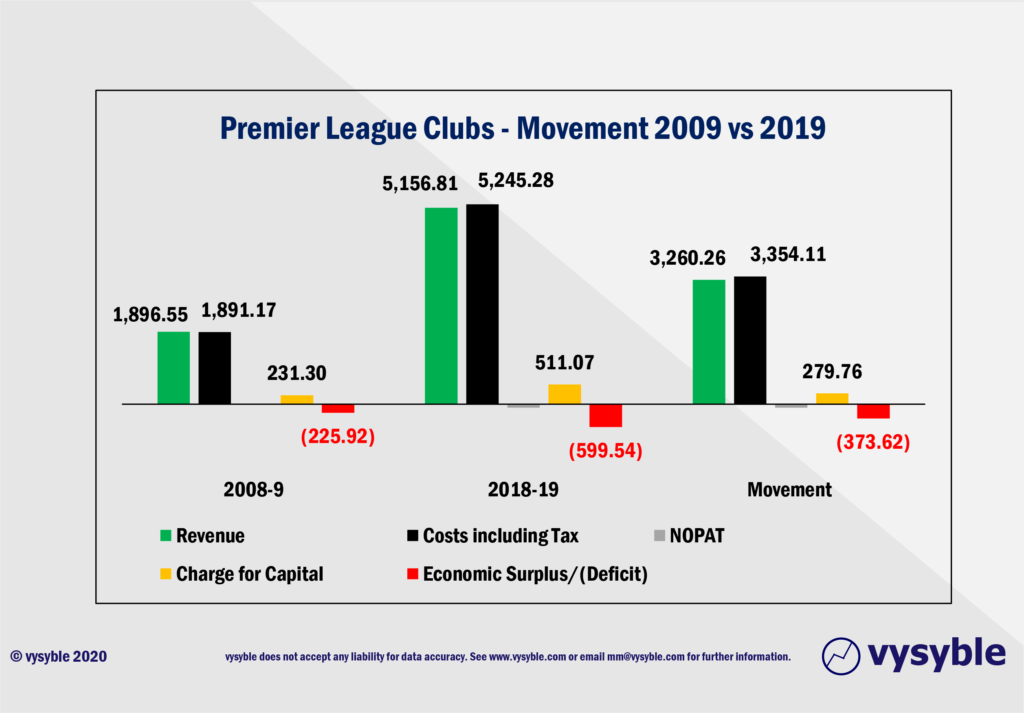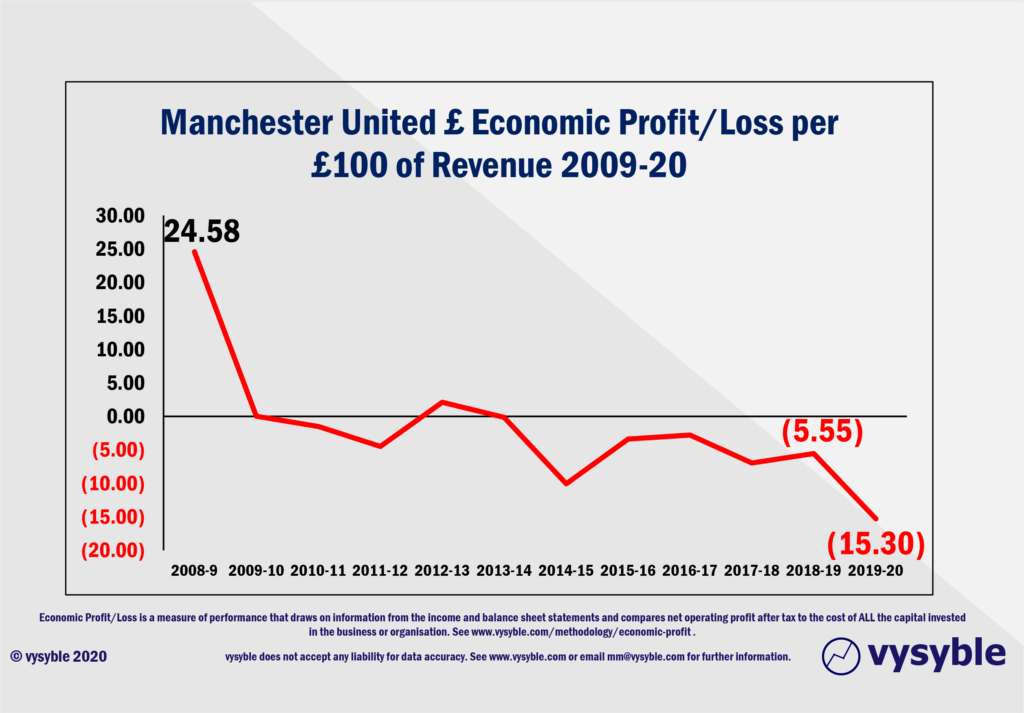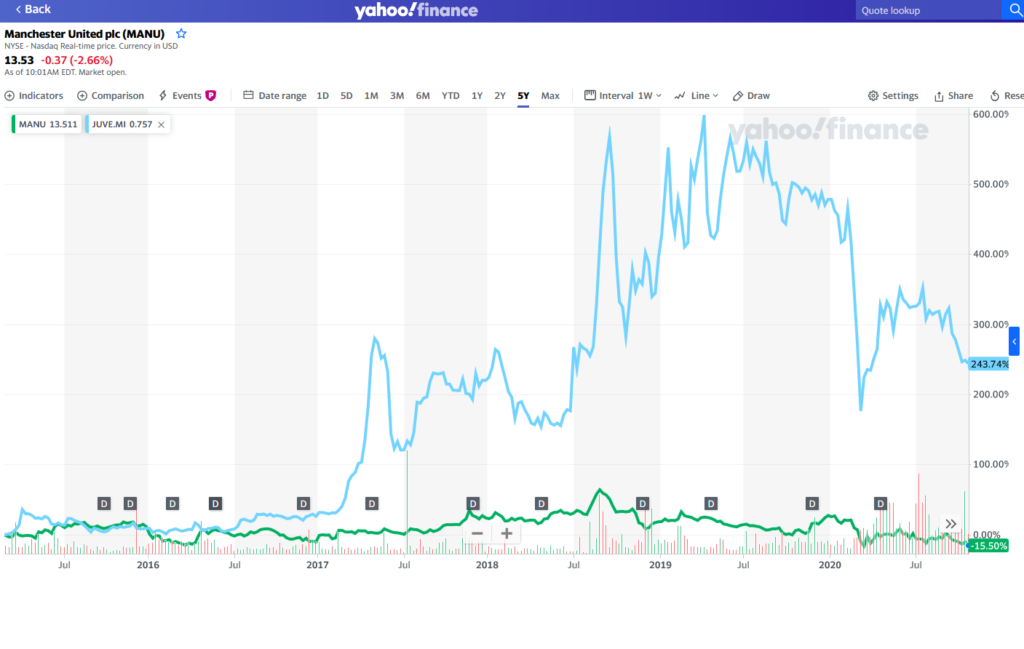
29th October 2020
Project Big Picture:
‘A sugar-coated cynaide pill’
‘…would be a disaster…’
‘A warning shot…’
‘…offers nothing but danger…’
‘…will destroy the game in this country…’
European Premier League:
‘Fans would soon be sick…’
‘could happen and spell doom…’
‘Owners out of control…’
Saving The Beautiful Game:
‘English football needs reshaping…’
‘Worthy of debate…’
Outgoing Barcelona President Josep Bartomeu:
‘I can announce that we approved the requirements to be part of a European Super League.’
Abraham Maslow, the eminent psychologist; In any given moment we have two options; to step forward into growth or step back into safety.
As fans of the beautiful game we take no pleasure in stating “we said this would happen.” Football in its current structure and form is not some value-creating economic engine room. Indeed, where we have seen similar dynamics and economic losses in other industries, we also see mergers, acquisitions and regrettably, closures. Business models adapt as market conditions change. Football, quite simply, has failed to adapt and a business model primarily based on an assumption that “TV money” was only going to increase has left the game exposed. The pandemic has merely accelerated the imbalance that was already brewing.
Now, the danger is that it is almost too late. What could have been a well thought out and prescient transition to a more sustainable business model ahead of time (as we outlined back in 2016) is now a melange of ideas and half-truths that conflict and confuse the current debate. What we are seeing is a level of turmoil driven by the failure to recognise the obvious problem in time.
The emotional romanticism and the obvious ‘protect at all costs’ ethos associated with football clubs comes from their roots in local churches, cricket clubs and industrial sports. Unfortunately, in the hard-edged modern economy, this emotional benevolence does not extend to the Profit & Loss account on club balance sheets.

Despite revenues over the above period of £36.1bn, Premier League clubs have produced economic losses of £2.7bn. By the 2018-19 season, Premier League clubs were achieving economic losses of £11.63 for every £100 of revenue with a record-breaking collective economic loss of £599.54m from a record-breaking revenue £5.156bn. As the Americans would have you do, go figure.
These precious community assets (and there have been many clubs that have stepped up to help their local communities during the current health crisis) can only function for so long before the realities of finance take hold. The not-for-profit argument really does not compute when cash flows and money is at the heart of the problem. As we have often asked, if a not-for-profit ethos were to exist then what is an acceptable loss? Hitting that break-even point is exceedingly difficult no matter what business you are in.
Over the last few weeks we have listened to numerous podcasts in which pundits, observers and commentators opine for some form of divine and mystical intervention to save the nation’s favourite game. Common themes emerging include;
- Greedy Big 6 clubs
- It’s a power grab by the greedy Big 6 clubs
- The greedy big 6 clubs do not care for the English ‘game’
- The greedy Big 6 clubs are disingenuous in their offer to bailout the rest of football
Whatever your own opinion is of the behaviour of the Big 6 clubs – and the opening quotes of this blog are just a few – there is a very real, stark and uncomfortable truth here. When all of the costs of doing business are included, the game is unprofitable and has been for some time.

American owners and private equity/investment fund managers sense an opportunity for profit and growth. The price to be paid for this is the reform and restructure of the game in order to create the conditions and to lay down the foundations for this future growth and the creation of value. Fans, journalists, interested parties and even Parliamentary Committees need to get up to speed and understand the economic dynamic behind this very quickly.
Arguably football’s ‘wealth’ narrative is driven by the clubs, by suppliers to those clubs and possibly the administrative bodies. “Money Leagues” whilst initially interesting, merely portray a listing of clubs by way of a revenue ranking masquerading as “analysis” – the intellectual equivalent of fool’s gold. They are not in any way, shape or form a barometer of economic health yet revenue is somehow seen as THE performance indicator – perhaps a reflection of the author’s business naivety rather than their sophistication?
But further this point, given the use of equity capital as a means of funding football clubs, why the ongoing cost of this capital is never considered when trying to establish football’s economic position is frankly astonishing.
And a good example of this misinformation are Manchester United’s latest results.
The failure of the highest revenue earning club in the land to qualify for lucrative Champions League football plus the effects of Covid plunged the club into its first pre-tax accounting loss since 2014-15. Ok, one might argue that the result is unfortunate and that there are mitigating circumstances. However, as the Americans are also fond of saying, ‘you need to look under the hood.’
As you do so, the true decline of the club since the retirement of Sir Alex Ferguson becomes increasingly evident as indicated by the economic profit metric. The club’s costs are rising much faster than revenue and the reliance on new capital is increasing every year. Covid is not a cause of the club’s deteriorating position. Poor strategic planning and execution alongside an emphasis on EBITDA almost certainly is.

In Manchester United’s case at least, the combined wisdom of the capital markets have seemingly “wised-up” to the value-destroying wasteland of football, hence the lamentable performance of the share price which at the time of writing is below the IPO price of 2012. That’s 8 years of no equity value growth.
Juventus, the other major publicly listed European football club, has enjoyed a more successful run in terms of its share price, largely on the back of signing of Cristiano Ronaldo in 2018. Even so, the initial enthusiasm surrounding the signing has waned with the share price currently sitting some 45% lower than in September 2018. With a combined economic loss close to £180m for 2019-20, even allowing for Covid-19, neither club should be sitting in anyone’s pension plan.

Sadly, much of what we surmised about football’s future has happened or is in the process of happening. The data, particularly over such a long period (11 years) does not lie. The inescapable conclusion is, as it is currently constituted, that it is exceptionally challenging for a football club to consistently create value. Our only regret is that all the people in positions of authority who we approached and who had the ability to do something ahead of time did not do so.
Whatever the flavour of reform, the obvious but somewhat distasteful end-game of a European Super League is getting ever closer. Not because of the ‘greed’ of certain clubs but as a result of the essential elements coming together into a near-perfect alignment. The technology for clubs to control their own broadcasting output is in place as is their ability to charge a fee to the discerning fan for doing so. Indeed, why bother with a UEFA when a FIFA can deliver the whole planet…
It seems unlikely to us that the Americans and their backers will let this go. At the moment, it is a PR war but that will change when positions become entrenched and clubs start to squeal under the pressure of reduced TV revenues and increasingly insurmountable costs. Sadly, it is likely to be ugly and painful. But that is exactly what happens in business when the leap forward is taken. Growth is a way forward, safety (if it ever existed in football in a financial sense) is an increasingly limiting and limited fallback.
It has been 228 days since the last Premier League game was played in front of a crowd. And still no sign of an agreement within football to assist EFL clubs.
vysyble
Follow vysyble on Twitter
